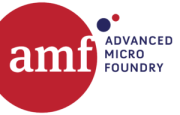While device scaling in classical Silicon MOS transistors has improved speed and energy consumption, the microelectronics industry now looks beyond classic silicon transistors to secure the future of next generation devices, and thus the Centre aims to aggregate Scientists working on monolithic and heterogeneous integration to expand Silicon technology.
This should ultimately lead to a further development of new innovation-driven sustainable microelectronics manufacturing industries in Singapore.
Photo Credit: Takao Someya Group

To develop accessible hybrid electronics to spur innovative semiconductor technology, grow diversified SMEs based microelectronics business and create a flexible innovation hub for heterogeneous integration technology in Singapore.
To address the fundamental issues arising in IoT microelectronics in the context of Singapore’s Smart Nation Infrastructure to
1. Meet the increasing requirement of low-volume high-mix products that fragment microelectronic R&D, design, and manufacturing;
2. Introduce differentiating material innovation to microelectronic technologies, despite the escalating production cost and risks of advanced technology nodes;
3. Create deep technology manufacturing capability to enable small-enterprise disruptors.
Starting 2021, SHINE at National University of Singapore (NUS) E6Nanofab, an National Research Foundation (NRF) cum Future Systems & Technology Directorate (FSTD) funded heterogeneous integration R&D centre, working with A*STAR, will develop disruptive material-to-circuit solutions for multi-chip-integrated systems. It differs from other key research centres in the arena due to its developing process and design platform that bridges across multiple scales; from chip packaging to large-area substrates. Such innovations will translate well to new Internet-of-Things (IoT) applications and associated technologies like wearables, smart vehicles, and space technologies.
SHINE will support R&D projects with industry partners across the semiconductor technology value chain like Applied Materials (Corp Lab), SOITEC, Advanced Micro Devices (AMD), and POET Technologies. The R&D activities addresses state-of-the-art scientific translational problems that will bring both academic and industry researchers together. These activities range from innovative material engineering, targeted on semiconductor chip processing and machine-learning-enabled chip fault isolation technologies, over the 5-year horizon.
Furthermore, SHINE will build the ecosystem and benefit the industry in Singapore, as it moves to a next-generation hybrid-integrated (flexible and rigid) microelectronics. This will enable Singapore to transform into a SMART Nation which empowers people to live meaningful and fulfilling lives, enabled seamlessly by technology offering exciting opportunities.
Lastly, SHINE will continue to seek new collaborations to enrich the research work and find opportunities to translate technology for societal impact. We welcome industry partners to join our consortium to work closely with us to develop disruptive cutting-edge applications for commercialization. We appreciate your interest and look forward to your participation.
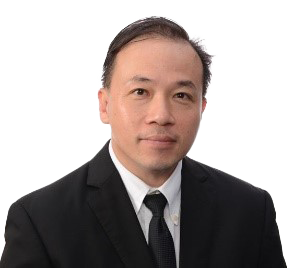
![]()


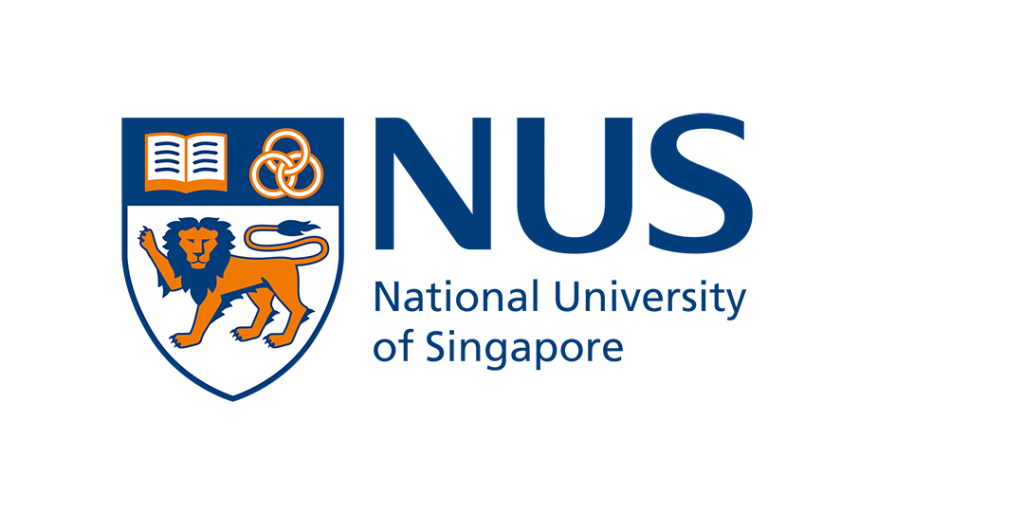
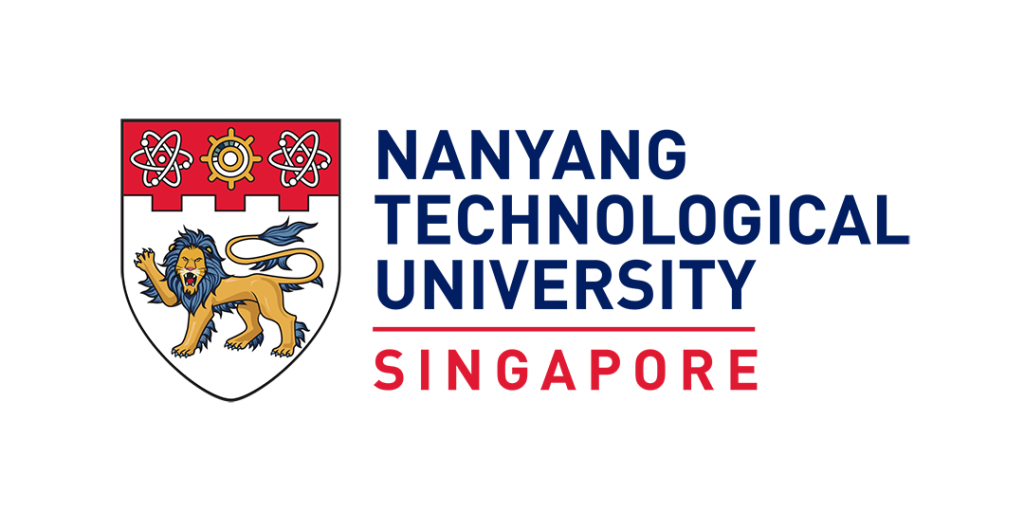

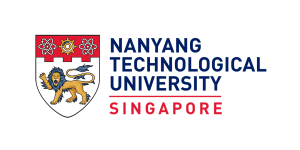
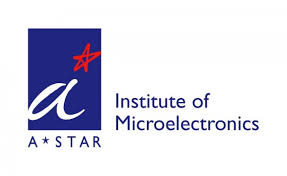
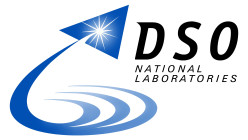


Applied Materials – NUS
Advanced Materials Corporate Lab
